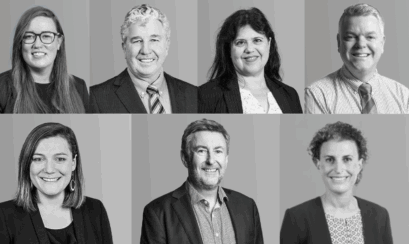Lately there’s been a lot of media attention around brothels, with reports of women being illegally trafficked into the sex industry in Australia and forced to work as prostitutes to pay off alleged debts.
We tend to associate sex trafficking with less wealthy countries. Surely here it’s a regulated industry with laws protecting both sex workers and clients?
Brothels are legal in NSW, VIC and QLD, and can exist in WA (in a legal grey area).
Under the NSW definition, brothels are premises that are used for the purposes of prostitution (the exchange of sex for money), or have been in the past and will likely be in the future; or have been expressly advertised as being used for prostitution.
Sex workers must be at least 18, as must clients who enter a brothel. Serious criminal penalties apply for employing under-age prostitutes, and for clients who have sex with them. It’s also illegal to coerce anyone into an act of prostitution.
Interestingly, NSW is the only state that allows street prostitution. But there are laws about where it can take place. Under the Summary Offences Act, you can’t solicit or take part in an act of prostitution in a road (including in a car) near or within view of a home, school, church or hospital. (Think Hugh Grant).
Legal brothels are those that have applied to their local council and received development consent. As with any business, they have to register the business, pay taxes, and comply with occupational health and safety laws. NSW Health is responsible for dealing with public health complaints and may do random inspections. Not following health regulations can mean fines and/or legal action.
Councils have the power to issue closure orders to illegal brothels, including any business advertising sex services that hasn’t been granted permission to operate as a brothel. If they don’t comply, the council may obtain an order to have their utilities cut (eg. water, electricity). Council can also close down legal brothels that have received community complaints.
But industry regulation in NSW has received criticism. A key concern is that councils don’t do adequate background checks on the people applying to start brothels (in contrast to the strict checks attached to liquor licensing). So essentially, anyone can start a brothel, including crooks involved in organised crime (eg. sex trafficking).
And while brothels have to provide protective equipment to workers (eg. condoms), there’s no law that says sex workers must have protected sex. In comparison, brothels in VIC and QLD can get slapped with fines for offering unsafe sex.
Plans are now in discussion to tighten the laws, including introducing a brothel licensing system for better background checks, and a more effective system for stamping out illegal brothels.











